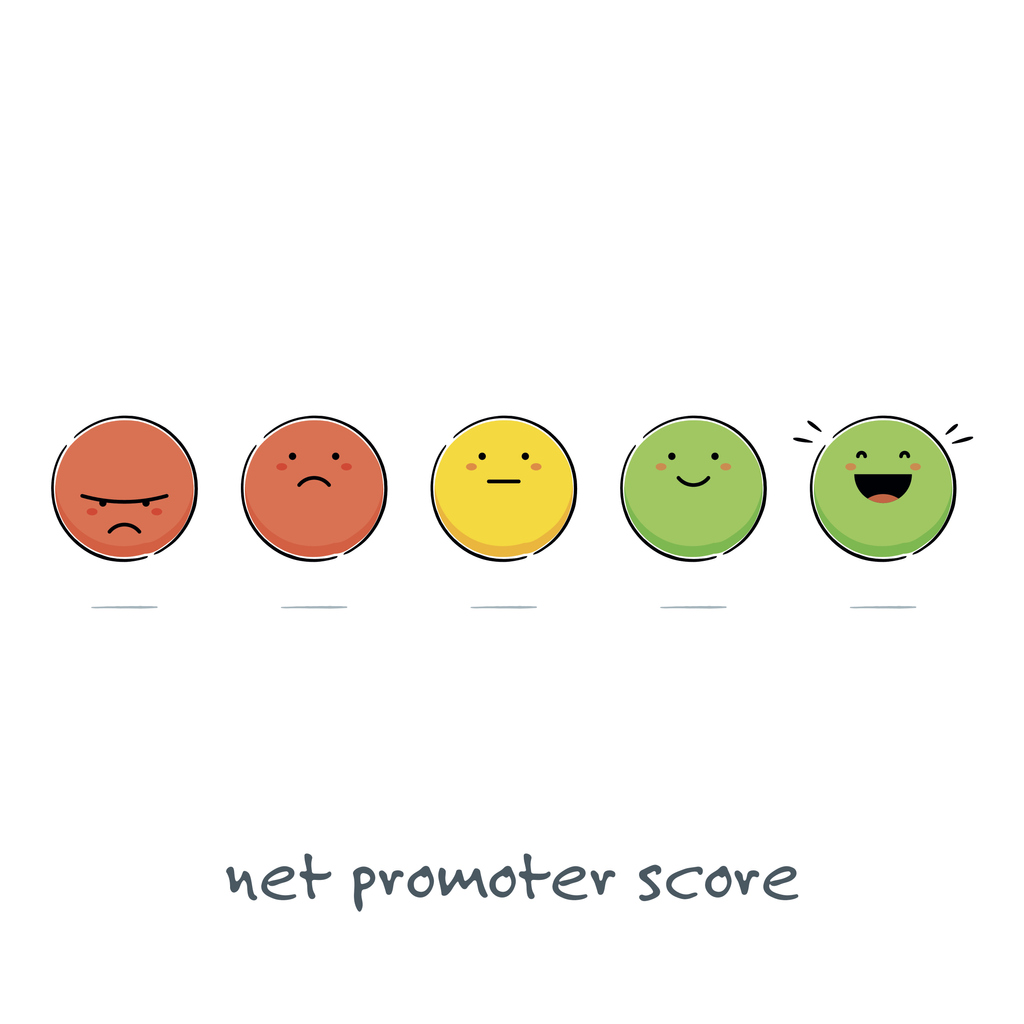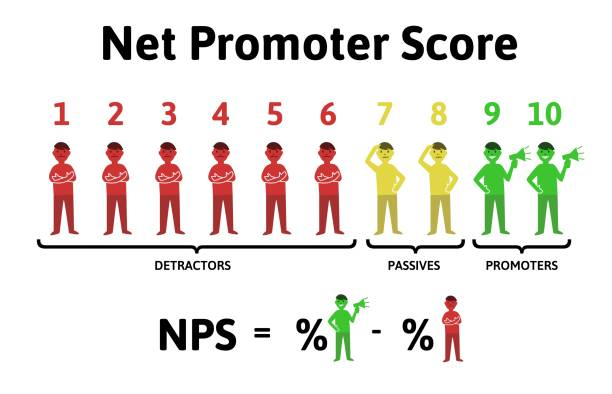What is NPS and how does it affect your Business?

The definitive goal of any business is to stay at the very top. No matter what are the means. One thing is for sure, customers are a key layer in this run. Therefore it is important to stay aware of their needs. This is where Net Promoter Score or NPS swoops right in. with the introduction of NPS many businesses started measuring the loyalty of their customers. With so many ways like customer satisfaction survey Apps and Social Media to record feedback. It is hard to find the right one. So let’s discuss in detail what is NPS and its importance.
What is NPS?
NPS stands for Net Promoter Score. NPS is a metric that measures the loyalty of your customers towards your business. It indicates what is it your customers think of your business. How likely are they to stay with you? NPS lies between -100 to +100. -100 being the lowest score and +100 being the highest. It can be measured by a single question. A question like “On a scale of 0 to 10, how likely are you to recommend this business to others”. With a single question, you can measure the loyalty of your customers.
How Net Promoter Score Works?
You collect feedback from your customers. A single question is asked in feedback.
“How likely is it that you would recommend our product or service to a friend or colleague?”
Ask your customers to rate your business on a scale of 0 to 10 against the above-mentioned question. Based on their response they are divided into three fractions that establish the NPS score. Thes three categories are:
- Detractors: When the response is between 0 to 6. This indicates the number of unhappy customers. They are most unlikely to buy again from you or even recommend you to others.
- Passives: These customers lie between 7 to 8. These customers are considered happy but not endorsers of your business.
- Promoters: Customers whose response lies between 9 to 10. These customers are the most loyal ones. They are the real “promoters” of your business.
How to Calculate NPS?
Calculating NPS is quite easy and simple. It is no rocket science or length calculations. To find the final NPS score, Subtract the net percentage of Detractors from the net percentage of Promoters.
For Example; If the net percentage of detractors is 15%, 30% are passives, and 55% are promoters. Then your NPS score is 55 – 15 = 40.

Why NPS is important for your business?
The very first question every business owner asks is “why should they invest in NPS?”. Why is it important to calculate customer loyalty?. Now we will try to answer these and many other similar questions. Following are the benefits of using NPS.
Valuable Insight from Customer Feedback:
Calculating NPS is just one side of the story. Even if you have calculated NPS, it doesn’t tell you where the problem lies. This can only be known by using the feedback from your customers. There are many ways to get feedback from your customers. You can use Customer Satisfaction Surveys, Emails, Web Surveys, and Social media to gather feedback. Although it can be tricky at times to get feedback from customers. Most customers are reluctant to give feedback. You can use different rewards or coupons to attract customers to fill the surveys. Many companies use rewards like Free meals, Money, and Gift Vouchers. You can use this feedback to understand your customers. What they want and what are you lacking. This helps a lot in shaping and deciding the future steps of your business.
More Customer Loyalty:

So far we have established, how important loyal customers are. NPS lets you know what customers think of your business. It is a known fact that it is hard to gain new customers than to retain the previous ones. So it is imperative that you keep your loyal customers with you. Another important move is to convert your passive and detractor customers into loyal ones. Whenever you come across a customer that is not satisfied with your service or product. Ask their opinion, their feedback. Use this feedback to resolve the issues or shortcomings that they face. This way you can turn your unhappy customers into happy ones. It makes running a business quite easy.
Drive Force for Future Growth:
As Charles Schwab once said; “The beauty of NPS is that it simplifies complex issues and helps people make the right decisions.” it is clear that NPS not only portrays the current standing of your business. But also projects the future. When you get a review against your product or services. You can use this feedback to understand what customers think of it. This will help you design your future campaigns and products. When you are aware of how it is going to resonate with your audience you can take steps to make it better. You can use customer feedback to make changes to your future plans and prospects. This way you stay ahead of your time and competitors.
Final Verdict:
It is true for any business, that it’s the customers that make or break the business. It is also a reality that NPS is nowadays an integral part of any business. With NPS you can determine how well your business is performing. You become aware of shortcomings that were maybe not visible before. Moreover, depending on customer feedback gives you a reliable source for making your products better. Hope this helped you understand NPS better and how it is important for any business.
Author Bio:
Name: Abdullah Sadiq
Website: Smiley.pk
Description: Abdullah Sadiq is a Digital Marketer enthusiast at Smiley.pk having years of experience in the field of Internet Marketing. He is a Social Media geek, a complete foodie, and enjoys trying varied cuisine. A perfect day for him consists of reading his favorite novels with a hot cup of coffee.






